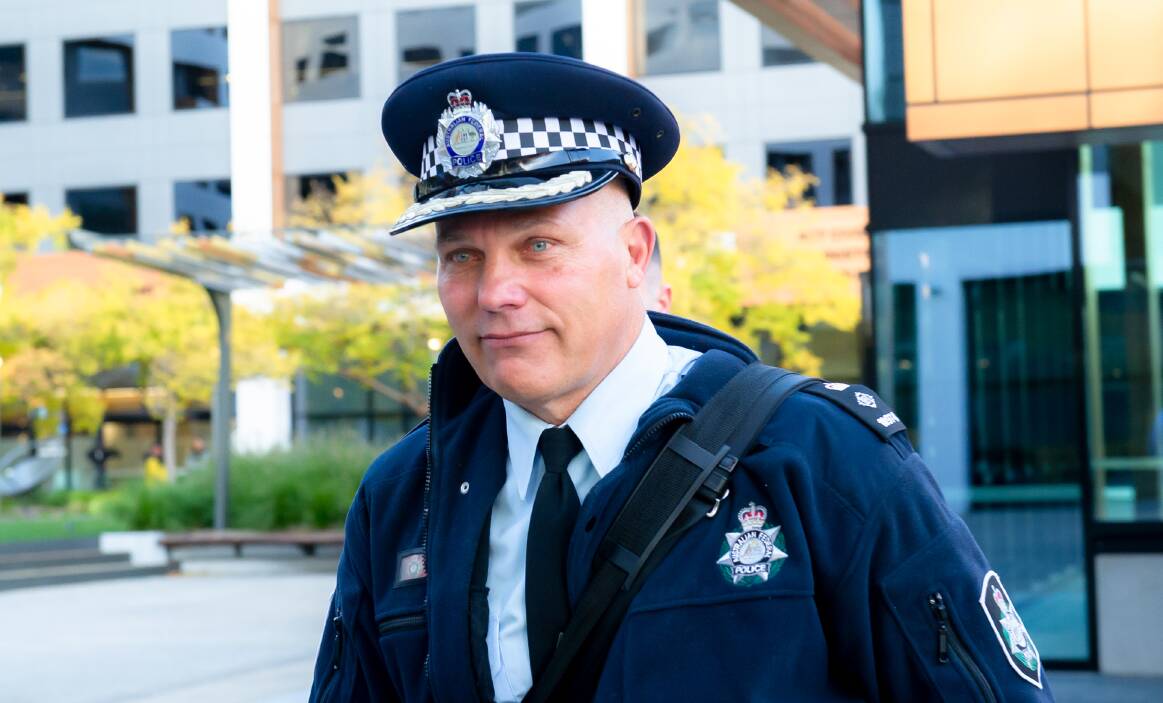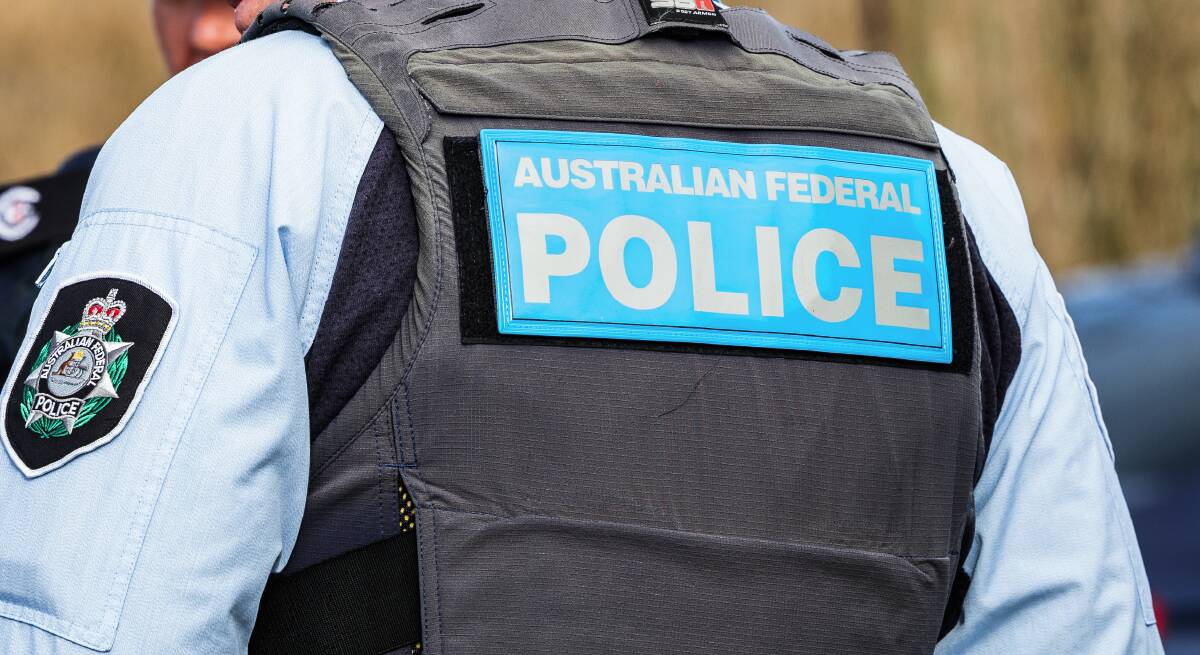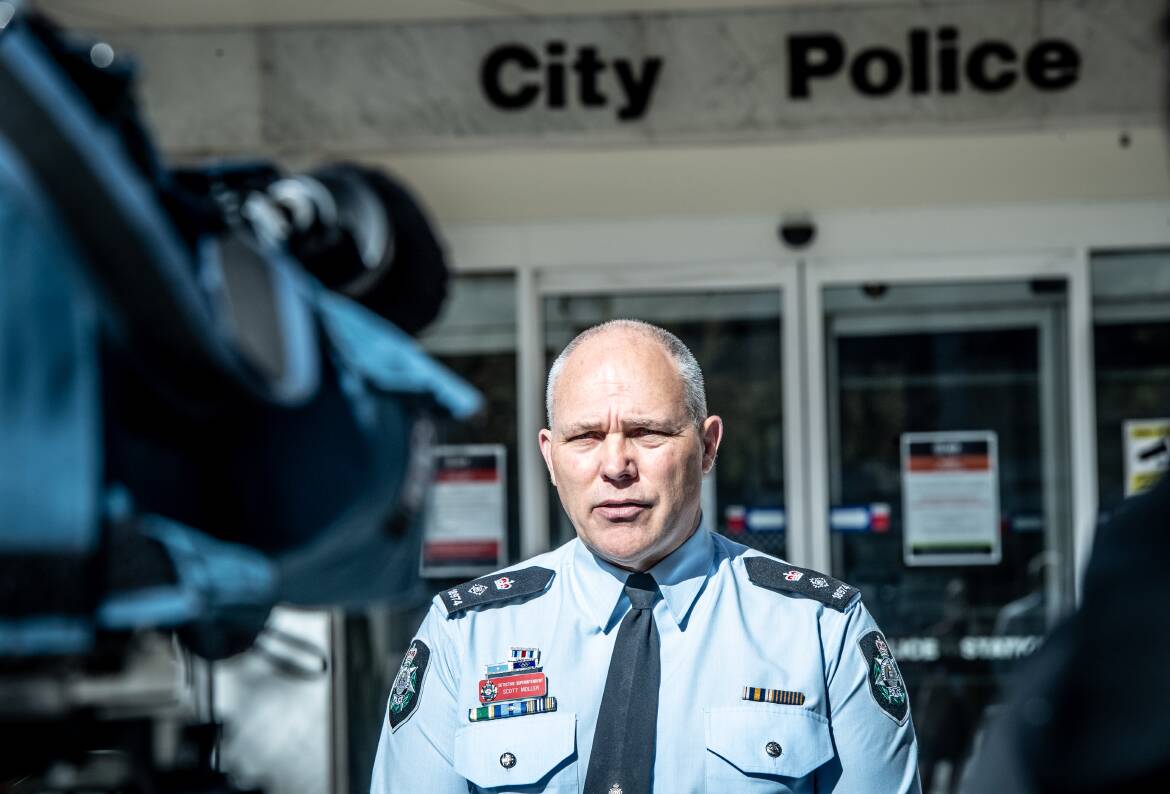
The testimony of a senior police officer who described how his investigators were learning "on the job" has openly revealed the extent of the bleeding of experienced talent out of the ACT.
In a rare insight into the staffing issues within the closed ranks of the Australian Federal Police, Superintendent Scott Moller revealed the ACT police sexual assault team was mainly comprised of "very young, inexperienced officers" who were largely "learning on the job".
The senior police officer was giving evidence at the inquiry which is looking into how authorities handled the case of Bruce Lehrmann, who was put on trial after having denied allegations he raped fellow former Liberal Party staffer Brittany Higgins at Parliament House in 2019.
The charge levelled at Mr Lehrmann was discontinued after juror misconduct caused a mistrial.
The ACT does not have its own police force like other jurisdictions but has a rare contractual arrangement - paid at a rate of around $17 million a month - between the ACT government and the Australian Federal Police.
New officers are recruited and trained at the AFP College in Barton then initially serve in community policing. How long an officer serves in the ACT depends largely on talent and ambition. Some prefer working in uniform, and serving the local community. Many more move into the federal cohort.

But as Superintendent Moller's testimony revealed, it has been difficult for the ACT to retain its experienced officers.
The former head of criminal investigations at ACT Policing, Detective Superintendent Moller gave frank views to the inquiry rarely expressed outside the walls of police offices.
He told the inquiry this week that "less than ideal recruitment" had resulted in the ranks being "depleted" to a point where junior officers were running investigations with minimal supervision.
He said while "we in the management sphere" were "proud to see young detectives learning their trade" before moving on to other areas of the Australian Federal Police, the lack of experience within the team placed pressure on senior officers.
The president of the Australian Federal Police Association, Alex Caruana, said as police move out of the ACT, it created an "experience void".
"Retention and remuneration play an important part in maintaining experience levels," he said.
"AFP and ACT Policing officers are among the lowest-paid police officers in the country.
"To compound issues, across Australia - and the ACT isn't immune - experienced police officers and investigators are highly sought after by employers who can offer better pay, better work-life balance and a safer working environment."
An employment "gateway" operates between "outcome one" - the AFP - and "outcome two" - ACT police - however, an ongoing issue has always been that the gateway is skewed in favour of top investigative talent leaving the ACT which nurtured it.
At Senate Estimates last week, AFP Commissioner Reece Kershaw described attrition as an ongoing issues and how the AFP "had seen a slight increase in our resignation rate".

At 7633 full-time equivalent staff, the federal police cohort is seven times larger than the ACT and continually in need of a sworn talent pool on which to draw.
ACT police would not discuss any of the testimony provided at the inquiry while it is in progress.
Public hearings are due to resume on Thursday, with Mr Lehrmann's former barrister, John Korn, and the ACT Victims of Crime Commissioner, Heidi Yates, set to give evidence.







